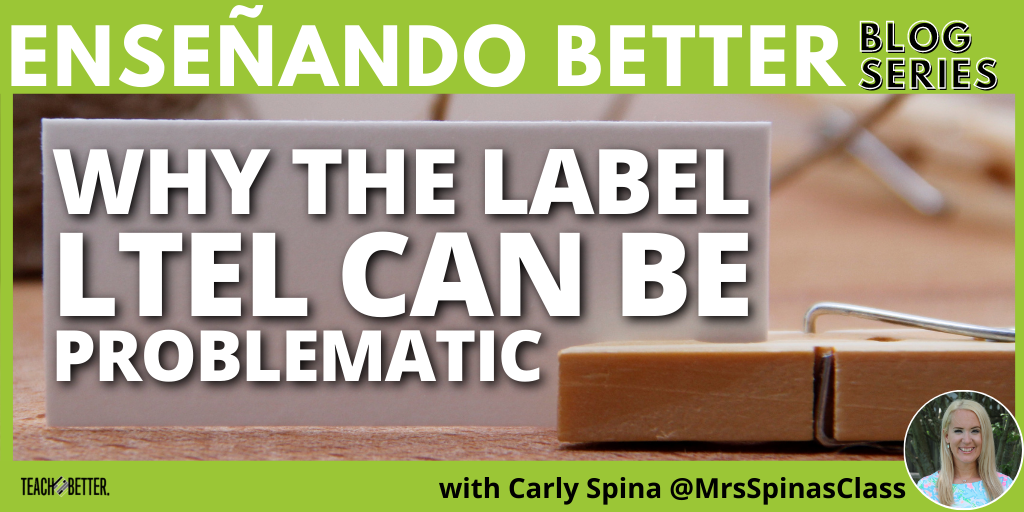TL;DR: Reflect on your current habits so you can identify what you want to change for the upcoming year. Lose words like just, should, and have to. Instead, choose statements like I get to, I love to, I choose to, and I desire to. As we enter into a new year, I always love reflecting on my current habits so … Read More
Difficult Conversations with Students and Parents: New Strategies for a New Year
TL;DR: Difficult conversations with students or parents are here to stay. We can improve the outcome of these conversations with strategies designed to minimize emotional responses. Consider using the word “you” with care and purpose when discussing negative or critical topics. Use intentional verb choice to affect the tone of your messages or conversations. Focus on the goal or outcome, … Read More
Kids Can Be Sociolinguists, Too!
TL;DR: A little metalinguistic awareness can go a long way towards creating a safe space for bilingual children in the classroom. Sociolinguistic awareness, coupled with the gumption to tackle these issues with children, will go a long way towards the larger enterprise of designing pedagogy that is culturally (and linguistically) focused. Consider designing curricula that builds sociolinguistic awareness. This post … Read More
Why the Label LTEL Can Be Problematic
TL;DR: Assigning labels (such as Long Term English Learner) to students can often stigmatize, otherize, or further marginalize them. We don’t need to fix or change our students. We need to change our systems and our mindsets. There has been a phrase used in the multilingual education space called LTEL, or Long Term English Learner. It has come up more … Read More
Unmasking the Fears of Communicating with EL Parents
TL;DR: أهلا بك…欢迎…bienvenido….welcome! We can empower ourselves and improve relationships by taking action to empower our EL parents. Learn the preferred language spoken at home for EL parents. Below are three great translation resources you can access to help communicate with EL parents rather than asking a family friend or sibling to help communicate. “Andrea, you HAVE to be at … Read More
- Page 1 of 2
- 1
- 2





